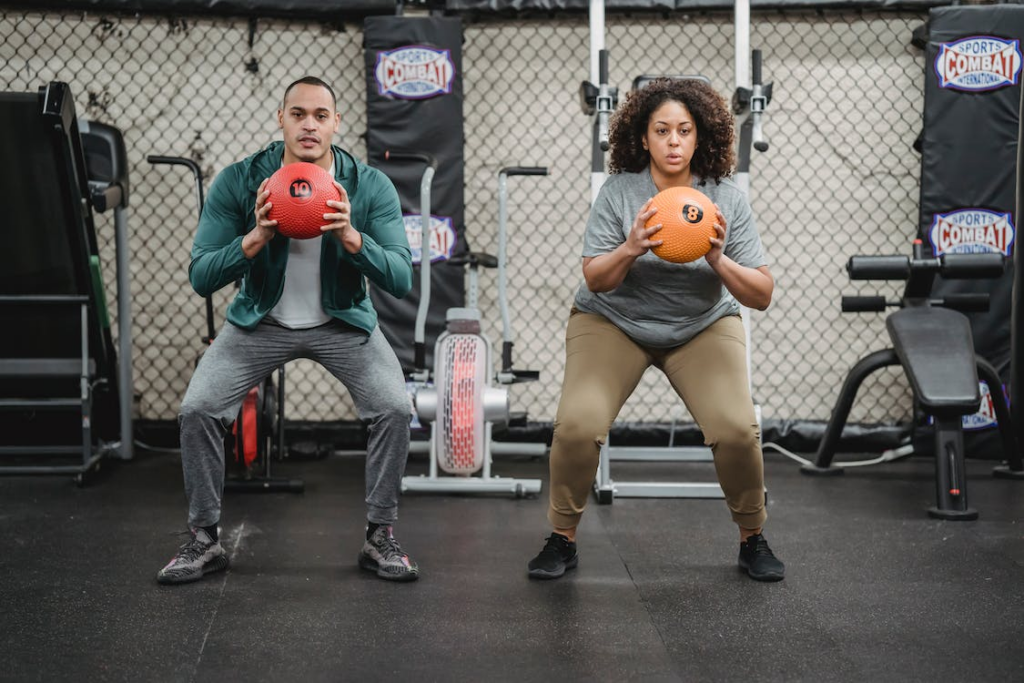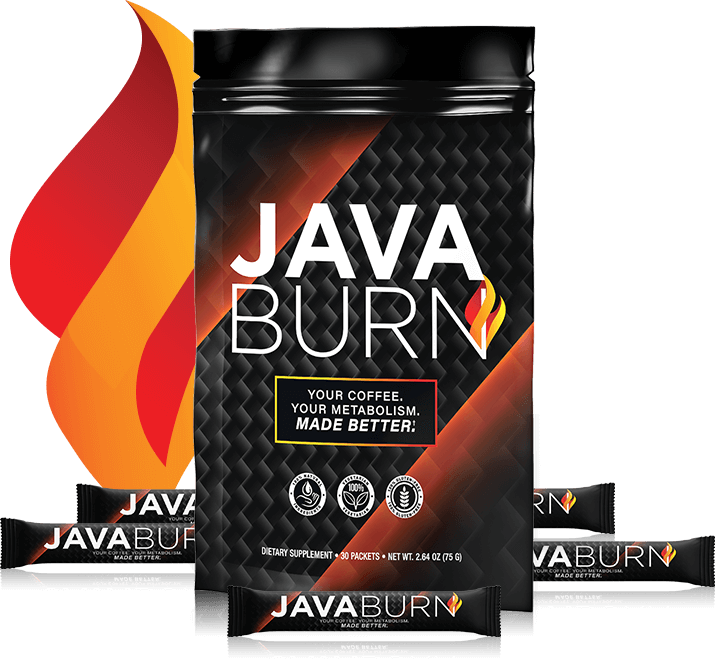The ketogenic diet has become one of the most buzzed-about diets in recent years. This very low-carbohydrate, high-fat diet can offer rapid weight loss results and other purported health benefits. The Pros and Cons of Keto for Athletes: Does It Help or Hurt Performance?
The keto diet was first developed nearly a century ago as a treatment for epilepsy in children. By drastically cutting carbs and replacing them with fat, the diet puts the body into ketosis – a metabolic state where it burns ketones from fat for fuel instead of glucose from carbs.
In addition to being used therapeutically, the keto diet became popular among bodybuilders and athletes in the 1970s who wanted to get ultra lean. While the diet fell out of favor for a time, it has recently made a major comeback, both for weight loss and potential performance enhancement.
But experts remain divided on whether going keto is advisable or even safe for athletes and highly active individuals. Like any diet, keto comes with both pros and cons to consider carefully.
This article will examine the key benefits as well as potential drawbacks of the keto diet for different types of athletes. We’ll also provide advice on who may want to try keto versus who may want to avoid it based on their goals and needs. Read on to learn more about this divisive dietary approach for fitness and sports.
Keto Diet Plan For Beginners: Step By Step Guide
The complete ketogenic diet guide for beginners. Learn what keto is, how it works, keto meal plans, foods to eat and avoid, side effects, macros calculator, intermittent fasting tips, and everything else you need to know to get started.

Pros of the Keto Diet for Athletes

Improved Endurance
One of the most common reasons athletes try keto is for increased endurance. When you’re in ketosis, your body adapts to burning fat as its primary fuel source. This gives your body access to a near unlimited supply of “energy” from body fat stores.
Studies show keto-adapted athletes can tap into fat stores more efficiently during exercise. They also preserve muscle glycogen, the stored form of carbs used for quick energy bursts. This combination can reduce fatigue and enhance athletic performance in events like marathons or triathlons.
It’s Time to Become Naturally Lean!
Support healthy weight loss with LeanBiome, formulated using the latest Ivy League research, and backed by real-world results.

Weight Loss
Many athletes also start keto to drop excess body fat. Ketosis suppresses appetite and has a diuretic effect, helping shed water weight quickly. Keto also maintains muscle while burning fat, supporting weight loss and a lean, athletic physique.
Reduced Inflammation
Intense training takes a toll on the body and can lead to systemic inflammation. This causes oxidative stress, pain, fatigue and reduced performance. However, keto may counter these effects. Ketones and low carb intake have anti-inflammatory effects that aid recovery from exercise-induced muscle damage.
Cons of the Keto Diet for Athletes

Loss of Muscle Glycogen
While tapping into fat can improve endurance, keto also depletes the body’s glycogen stores. Glycogen is the main fuel source for short, intense bouts of exercise like sprinting or heavy lifting. Depleted glycogen equals reduced performance.
This is why many athletes opt for targeted ketogenic diets (TKDs) or cyclical ketogenic diets (CKDs). Both involve strategically eating more carbs around exercise to maximize glycogen. But this prevents full-time ketosis.
Reduced Anaerobic Power
Studies show power output is reduced in the first few weeks of keto adaption. This is likely due to the lack of glycogen for quick energy bursts needed for power movements. Weightlifters, sprinters and team sport athletes may find they can’t perform at peak levels, at least initially.
However, one study showed cyclists recovered anaerobic power output after several weeks of keto adaption. This highlights the need for patience through the adaption phase.
Possible Muscle Loss
Some athletes fear keto may cause muscle wasting due to protein breakdown for glucose synthesis. However, studies show keto does not cause more muscle protein breakdown than higher carb diets.
As long as protein intake is adequate, keto is unlikely to cause muscle loss. Getting sufficient calories is also key to maintaining muscle mass. Consuming too large a calorie deficit can reduce performance and rip muscles, whether keto or not.
Micronutrient Deficiencies
Many athletic organizations list potential micronutrient deficiencies as a drawback of keto. Without fruits, grains and legumes, keto reduces intake of nutrients like B vitamins, iron, magnesium and fiber.
However, deficiencies are avoidable by choosing micronutrient-rich keto foods. Meat, seafood, eggs, greens, nuts and seeds give you all the micronutrients you need, as long as you eat a varied keto diet. Taking targeted supplements also helps prevent deficiencies.
Gut Issues
Keto is a drastic change for your digestive system. With research linking gut health to immune function and endurance, GI issues are the last thing an athlete wants.
But going very low carb can cause side effects like constipation, nausea, diarrhea and stomach pain. Keto may also alter gut bacteria in ways that negatively impact gut barrier function and immunity.
These issues can take a toll on training and performance. Gradually transitioning to keto and avoiding inflammatory foods like processed meat can help minimize GI problems.
Reduced Glycogen Recovery Between Events
Full keto adaption depletes muscle glycogen storage. While beneficial for single long-distance events, this can be detrimental for meets, tournaments or training cycles with limited recovery time.
It takes 24-48 hours on high carb intake to fully replenish glycogen after depletion. On keto, glycogen recovery is impaired between events less than 8 hours apart. For competitive athletes, keto may hinder performance across closely spaced heats, matches or workouts.
Should Athletes Try Keto?
Keto can be great for endurance athletes like marathon runners who want to burn fat efficiently and preserve glycogen. Low carb and intermittent keto (cycling in and out of ketosis) can also help athletes like wrestlers or physique competitors drop weight quickly before a weigh-in.
But for competitive power and strength athletes, keto seems less than ideal if peak anaerobic performance matters. The lack of quick energy from glycogen compromises speed and strength needed for events like sprinting or lifting heavy.
Team sports like basketball that require explosive power with quick direction changes also may not mesh well with keto. However, these athletes may benefit from targeted keto to drop excess body fat during off-season training.
In the end, keto can offer meaningful benefits but also real downsides for athletes. It’s best to approach with caution and not assume it’s a panacea for every goal. As with any diet, it comes down to the individual and their specific needs and preferences. Working with a sports nutritionist is advisable to tailor keto in a safe, effective way.
The Coffee That Burns Fat.
Java Burn is said to be the world’s first and only natural proprietary, patent-pending formula, that when combined with coffee, can increase both the speed and efficiency of metabolism.

Frequently asked Questions
Is keto good for endurance athletes?
Yes, the keto diet can enhance endurance by teaching the body to tap into fat for fuel. This spares glycogen stores and reduces fatigue on long distance events. However, keto may hinder performance if rapid glycogen recovery between events is needed.
Will keto help me lose weight?
Keto can promote fast weight loss by burning fat. But a proper calorie deficit is still key – you can gain weight on keto if eating excessive calories. The diet helps retain muscle while shedding fat to support an athletic physique.
How quickly will I see results on keto?
Benefits like weight loss come quickly, but full keto adaption takes 4-6 weeks. Performance may dip initially before improving. Give your body time to adjust to burning fat instead of carbs.
Is keto safe for athletes?
With sufficient calories, protein and micronutrients, keto can be safe when implemented properly. But drastically restricting carbs long-term raises health concerns. Cycling keto or having higher carb days around workouts is recommended.
Can I build muscle on keto?
Yes, you can gain muscle on keto by eating enough protein and calories and strength training intensely. The diet preserves lean mass well. However, some power athletes find reduced glycogen impairs muscle-building.
Will keto hurt my athletic performance?
Keto may hinder anaerobic power output like sprinting or weightlifting initially before adaption. But the impact is individual – some athletes thrive on keto while others find carbs improve their performance.
How do I start a keto diet?
Ease into keto over 2-3 weeks by incrementally reducing carbs while increasing healthy fats. Track macros at ~75% fat, 20% protein and 5% or less carbs. Prioritize nutrient-dense whole foods and supplement electrolytes.
What are the worst side effects?
The “keto flu” with headaches, cramps, fatigue and nausea can strike initially as your body adapts. Constipation, diarrhea, cravings, bad breath and insomnia are other possible issues. Stay hydrated and get enough electrolytes and calories.









